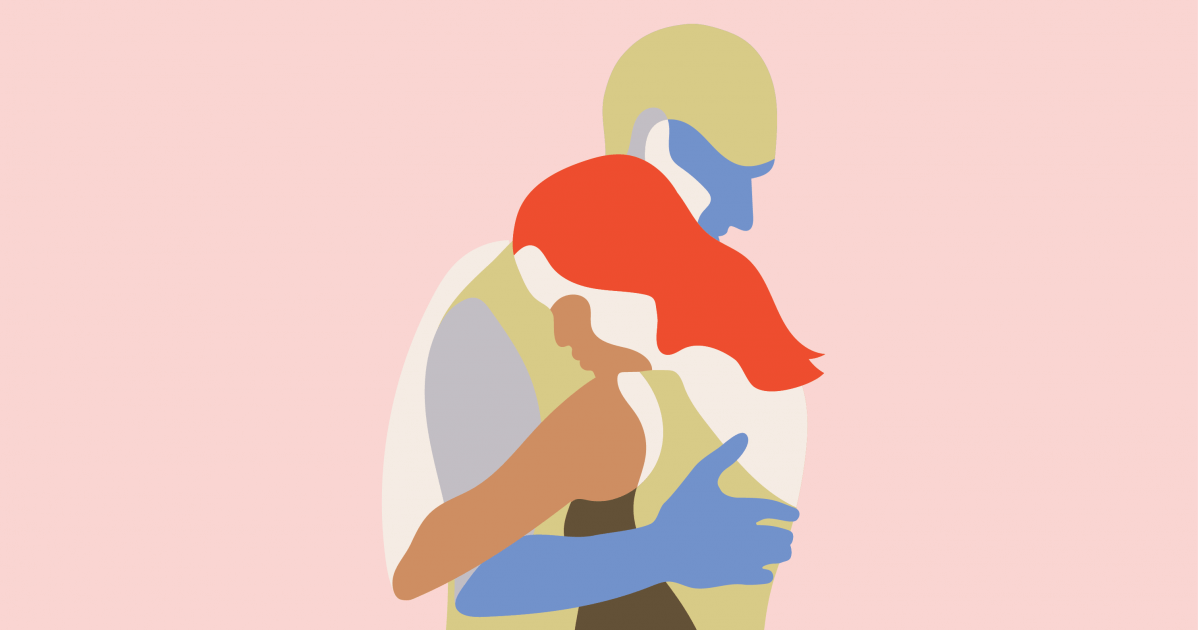How to Help a Loved One after a Cancer Diagnosis
- One Reddit user took to the discussion forum to ask the online cancer community for suggestions on how to support a loved one after they’ve received a cancer diagnosis.
- It’s important for a cancer warrior to have a good support system. According to one of our experts, people with cancer can experience anxiety, depression, financial toxicity, social isolation and sometimes even PTSD.
- SurvivorNet suggests offering concrete ways to show the cancer warrior you care, allowing them to talk through their negative emotions with you, cooking them a healthy meal that they’ll enjoy, doing activities with them that will lift their spirits and working to better understand their diagnosis if you’re taking on more of a full-time caregiver role.
On the Reddit thread, a non-Hodgkin lymphoma warrior also chimed in with what actions helped them most from their friends and family.
“In order of appreciation: Took care of my baby. Took care of/gave advice to/hung out with/provided a shoulder for my husband. Gave me rides to the hospital and appointments. Came and sat with me, just sat and watched TV together. Did housework. Got me cups of tea, water, soda, ice. Texted me memes. Brought casseroles,” Reddit user @Bluedyeblues wrote.
Five Ways You Can Support Your Loved Ones with Cancer
In order to help get you started, below are SurvivorNet’s five ways to support your loved ones with cancer.
- Avoid asking, try doing. Although it’s understandable to not know how to best support your loved one during their cancer journey, it can be equally as hard for them to voice exactly what they need or want from you. Instead of always asking, “How can I help you?” maybe try saying something more concrete like, “Hey, can I come over at 8? I’ll bring monopoly.” If you offer specific ways to support rather than ask for things they need, it’s likely to come across as more genuine and feel easier for them to accept the support or help.
- Stay in touch, but “don't say stupid things.” You might never be able to truly understand the battle your loved one is facing, but being a person they feel comfortable talking through some of their negative emotions with can make a big difference. That being said, breast cancer survivor Catherine Gigante-Brown says there are some topics you might want to avoid. “Don’t burden us with stories about your Great Aunt Harriet who had breast cancer,” she previously told SurvivorNet. “And then you say, ‘Oh how’s she doing?’ And then they’ll say, ‘Oh, she died.’ We don’t need to hear the horror stories.”
How to Talk to a Friend With Cancer: Don't Say Stupid Stuff
- Offer to cook them a meal. Consider inviting them over for dinner, dropping off a special dish, or, if that's not possible, sending a gift basket with some pick-me-up goodies. If you’re able to cook for them, perhaps try to make a healthy meal that will bring them joy. Remember that there’s no specialized diet that has been found to fight cancer, but it's always a good idea to maintain a moderate diet with lots of fruits and vegetables, as well as fats and proteins. No matter what, it’s the simple gesture of providing a meal that will make them feel loved and supported.
- Try helping them find joy. There’s no one right way to do it, but try to think of activities you can do with your loved one that will lift them up. It could be something as simple as watching a funny tv series together, having a wine and paint night, taking a drive to a beautiful place or starting a book club with them. We’ve seen in previous studies that patients with better emotional health have a better quality of life when going through treatment and actually tend to live longer than those with worse emotional well-being. Dr. Dana Chase, a gynecologic oncologist at Arizona Oncology, says “better quality of life is associated with better survival, better outcomes… having a good social network can be very helpful.”
Dr. Dana Chase explains how emotional health is key during a cancer journey
- Be involved. If you’ve take on more of a full-time caregiving role, work to understand your loved one’s diagnosis and help them follow the instructions from the cancer-care team. "I encourage caregivers to come in to visits with my patients, because in that way, the caregiver is also listening to the recommendations what should be done in between these visits, any changes in treatment plans, any toxicities [side effects] that we need to look out for, changes in dietary habits, exercise, etc.," Dr. Jayanthi Lea, a gynecologic oncologist at UT Southwestern Medical Center, previously told SurvivorNet.
How to Be a Better Caregiver for Your Loved One
Learn more about SurvivorNet's rigorous medical review process.


